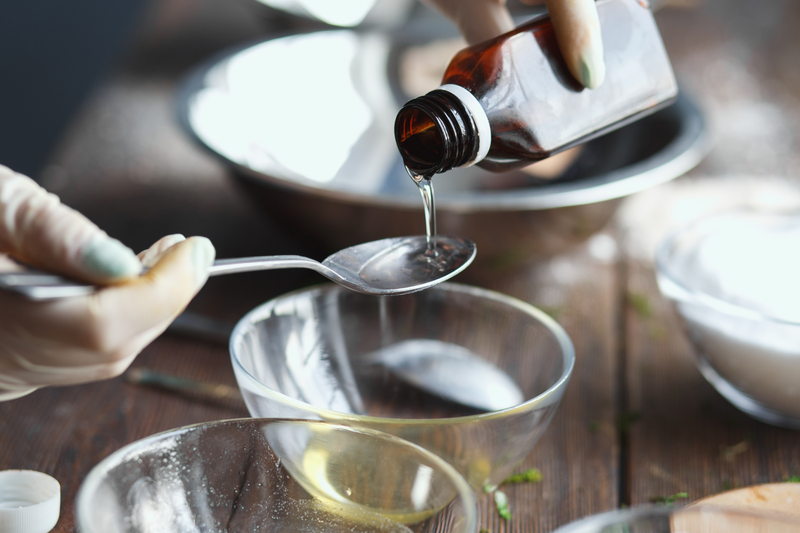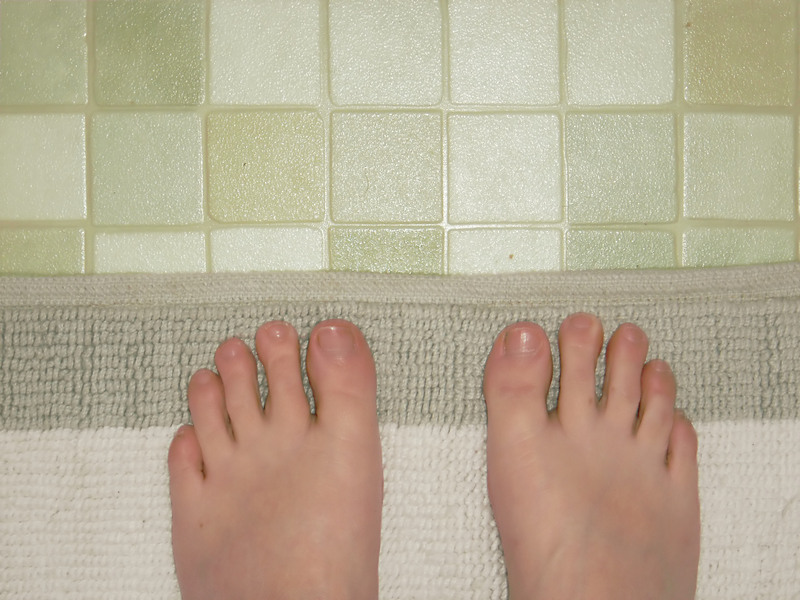The Ultimate Guide to Kitchen Cleaning: Keep Your Space Sparkling
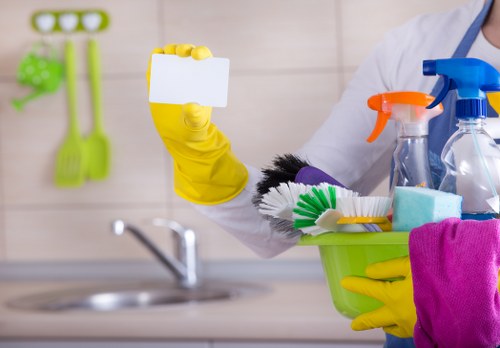
Maintaining a clean kitchen is essential not only for aesthetic purposes but also for ensuring a healthy environment. A spotless kitchen can prevent the spread of germs and bacteria, making it a safe place for preparing meals. Kitchen cleaning should be a regular part of your household routine to keep surfaces sanitary and appliances functioning properly.
One of the first steps in kitchen maintenance is decluttering your workspace. Remove any unnecessary items from countertops and storage areas to make it easier to clean. By keeping your kitchen organized, you can minimize the buildup of dust and grime, which can attract pests and contribute to an unclean environment.
Regularly cleaning your appliances is another crucial aspect of maintaining a clean kitchen. From the oven and stovetop to the refrigerator and microwave, each appliance requires specific cleaning methods to ensure they remain in good working condition.
Keeping your sink area clean is vital for preventing the growth of mold and mildew. Emptying the sink daily and using a disinfectant to clean the basin can help eliminate bacteria and keep your kitchen smelling fresh.
Don’t forget about the floors. Sweeping and mopping your kitchen floor regularly removes food particles and spills that can lead to sticky surfaces and unpleasant odors. Investing in a quality floor cleaner can make this task easier and more effective.
Proper ventilation in the kitchen helps reduce moisture and prevent condensation buildup. Use exhaust fans or open windows while cooking to keep the air circulating and reduce the chances of mold growth.
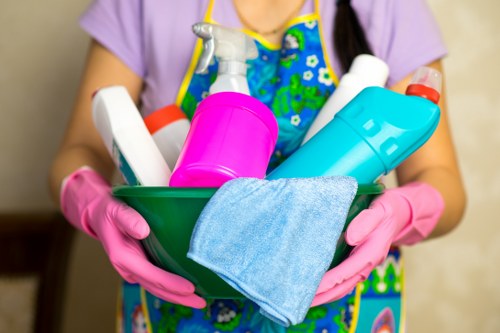
Cleaning your kitchen cabinets and drawers keeps them free from grease and dirt. Wipe them down with a mild cleaner to maintain their appearance and functionality. Organizing the contents of your cabinets also makes it easier to find items when needed.
The countertops are often the most visible part of your kitchen, so keeping them clean is a priority. Use appropriate cleaning agents based on the material of your countertops, whether they are granite, laminate, or another surface.
Don’t overlook small appliances like toasters, blenders, and coffee makers. These items can accumulate residue and should be cleaned regularly to prevent buildup and ensure they operate efficiently.

Maintaining a clean kitchen extends to your trash and recycling areas. Ensure that trash cans are emptied frequently and that bins are cleaned to avoid unpleasant smells and the attraction of pests.
Deep cleaning tasks, such as scrubbing the inside of your oven or defrosting the refrigerator, should be performed periodically. These tasks help maintain the performance of your appliances and prevent the accumulation of food residues.
Using eco-friendly cleaning products can make your kitchen cleaning routine healthier for you and the environment. Many natural cleaners are just as effective as their chemical counterparts without the harmful side effects.
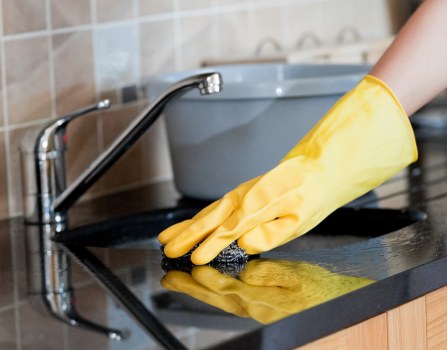
Final touches to your kitchen cleaning process include polishing fixtures, organizing pantry items, and ensuring that all surfaces are dry to prevent water spots and stains.
By implementing these kitchen cleaning strategies, you can enjoy a beautiful and hygienic cooking space that enhances your daily living experience.


